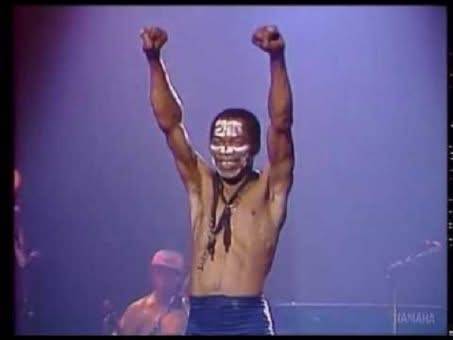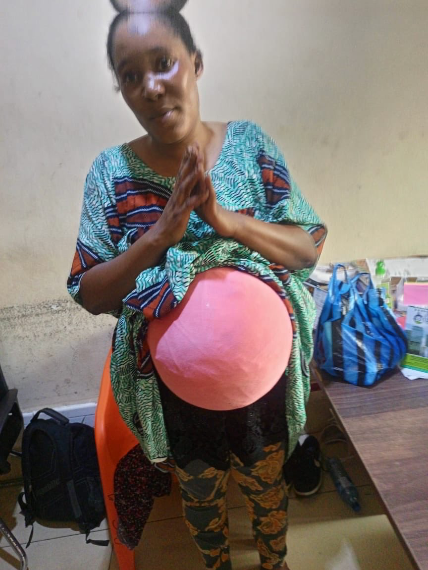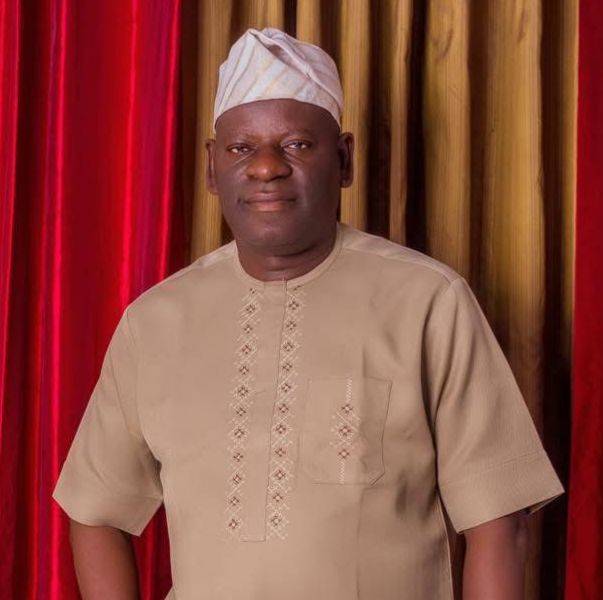By Olumuyiwa Olowogboyega
Over the last three weeks, making payments with Nigerian bank apps has felt like Russian Roulette. As Nigeria’s cash scarcity worsens, traditional banks are seeing higher demands on their digital payments services, leading to customer delays, crashes and frustrations. I’ve had my fair share of these problems, having been to lunch and then a supermarket where I eventually needed a friend to help me transfer. When writing this report, my FCMB mobile app hadn’t worked all morning, and another person who uses the same bank said a transfer she made on Tuesday still had not been settled. These issues validate the age-old sentiment that Nigerian banks aren’t great at retail banking. It’s opening the door for digital-first players like OPay, Vbank and Pocket.
Many fintech startups in Nigeria have sprung up to disrupt traditional banking over the years, and while they’ve made progress, there’s still a long way to go. One McKinsey report points out that “banking has historically been one of the business sectors most resistant to technological disruption.” The banks have multiple moats like ubiquitous distribution through branches and a ton of data and experience. The McKinsey report also notes that “consumers have generally been slow to change financial-services providers. Particularly in developed markets, consumers have historically gravitated toward the established and enduring brands in banking and insurance that were seen as bulwarks of stability even in times of turbulence.”
It means that despite the frustrating service customers sometimes have to deal with from Nigerian banks, there’s often no big rush to switch to digital banking options. Yet, as banks struggle to cope with the increased demand of the last couple of weeks, customers are starting to use and consider digital alternatives more seriously.
OPay, Vbank And Pocket Are Making Strides
Of all the digital options, OPay appears to be the most popular. TechCabal spoke to seven people who use OPay, and they all painted a picture of an app that has held up in the past few weeks while traditional banking apps have let them down. An oil and gas sector worker who asked not to be named for this article shared that he has been using OPay for four years and found it ‘solid.’ While his traditional bank apps have been unreliable for the last few weeks, OPay has come through for him. He told TechCabal, “you can tell something has changed in the last few weeks because OPay is significantly slower than usual, but my transactions always go through.” According to him, transactions take about 20 seconds longer than usual.
Lexa, who says she started using OPay when she traveled to Osun state for work, also said that OPay’s transaction speed has noticeably slowed down in the past few days. She told TechCabal, “I don’t get a successful transaction response immediately. I get a 3-step processing response saying the money has been sent and the receiving bank will confirm or has confirmed.” Yet, she’ll take this over her traditional bank. “I still have pending transactions from 2 weeks ago with traditional banks. Money deducted from my account and hasn’t dropped to receiver till date.”
Yet, OPay is not without its issues. Four people I spoke to said that issue resolution on the app is slow. Two people said they’ve had pending transactions for weeks and have not received any helpful feedback from OPay’s customer care agents.
Sonia, who has personal and business accounts, told TechCabal that she has been using Pocket over the last few weeks. “My bank was typically reliable before this, but when the Naira crisis started, Piggyvest did a campaign about withdrawing your savings through Pocket and transacting from there to get points, so I reinstalled. So far, the experience has been good, the only blight is that I don’t get receipts, so I have to use my account statement for corporate refunds.”
Jolomi told TechCabal that he has used Vbank and the Pocket App for the past two weeks. “My experience with Vbank was 95% good, but they needed to do maintenance one time, and I didn’t see the notification on time, so I was stranded. Pocket has been 85% good. When I transfer money, it gets to the receiver within 2 minutes. But the app struggles when the internet is slow.”
These experiences show that these apps are great alternatives to traditional banks, but are also not without a few hiccups. They also point to the fact that disruption may not be as sudden as we’d like.
TECHNOLOGICAL DISRUPTION IS A LONG GAME
OPay’s distribution strategies date back to verticals like ORide and OFood, where sticky and high-volume offerings were driving adoption. Today, mobile money agents and many in-app bonuses have replaced that. The app offers 8% interest on savings and pays daily interest while retaining free transfers. Pocket app offers customers free transfers and other bonuses. We can reasonably infer that customer acquisition costs for both apps are high.
While these digital apps enjoy customer trust and adoption because of reliability, McKinsey points out that the digital players that successfully disrupt traditional banking will have some markers. Among these markers are cost-effective customer acquisition, innovative uses of data and leveraging existing infrastructure. Currently, the financial ecosystem is ripe for the taking as customer distrust of traditional banks is at an all-time high. But these are early days, and if the pandemic taught us anything, it’s that rising demand due to a black swan event is not always a predictor for the future.
Tech Cabal












